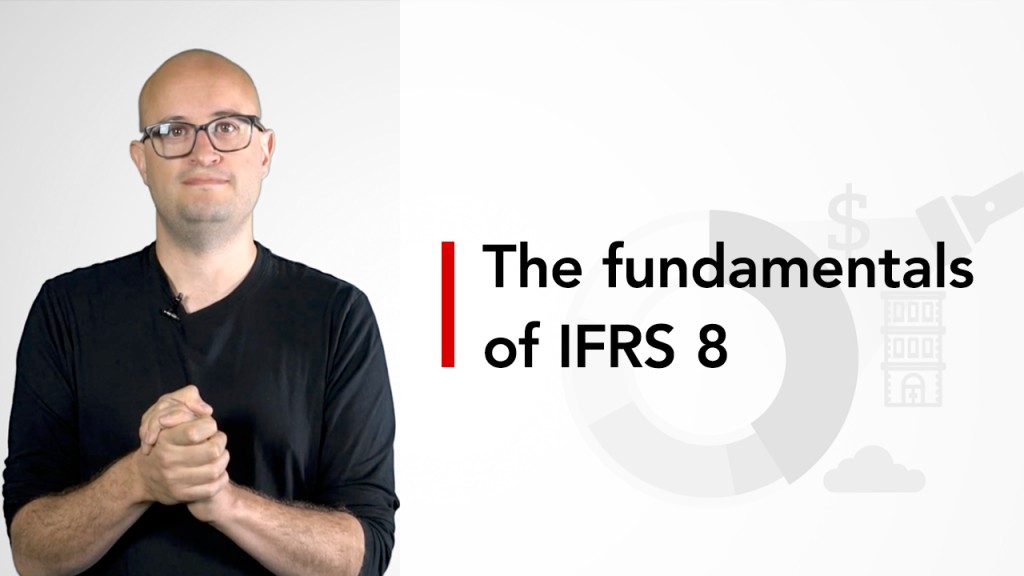
It could be the boldest move the global accountancy market has seen in two decades, or it could prove to be a fatal gamble. Either way, the possibility that Big Four firm EY could completely split its audit practice away from the rest of its business has sent seismic tremors through the audit world.
Last month, reports emerged suggesting that the third largest international professional services firm was weighing up how to make a clean break between its audit and non-audit businesses. In the UK, the top four firms – Deloitte, PwC, EY and KPMG – are gradually implementing a system of ‘operational separation’ of their audit practices, but the EY move would take this a step further.
Radical move
In a statement, EY said: ‘We routinely evaluate strategic options that may further strengthen EY businesses over the long term. Any significant changes would only happen in consultation with regulators and after votes by EY partners. We are in the early stages of this evaluation.’
‘Separation is likely to be the single most important thing the government can do to improve competition’
The firm added that it regularly reviewed its businesses on a global basis to determine if it had the ‘optimal strategy, structure and footprint’.
What the statement didn’t do is deny claims that it was considering the radical move to break up its business – reports that insiders suggest were ‘pretty accurate’.
Setting the trend
EY, of course, has previous form for such moves. It claimed first-mover advantage more than two decades ago when it surprised the market by selling its global consulting practice to Capgemini in 2000. This was before the audit world was shaken by the failures at US energy company Enron and telecoms group Worldcom, the subsequent implosion of Andersen and reforms spearheaded by the Sarbanes-Oxley legislation.
PwC and KPMG followed suit, disposing of their consulting divisions to IBM and Atos respectively. Deloitte mooted a flotation of its consulting arm but the markets were not favourable and, in the absence of any legislative requirement to do so, decided against the move.
Since then, all the firms have rebuilt their consultancy businesses, while there have also been various attempts to reform the audit market, both to address failures and improve competition.
By removing any regulatory requirement, consultancy practices could be bought out or floated
The EU, in its Audit Regulation and Directive, imposed compulsory competitive tendering for audit work among the largest listed companies and a 20-year limit on how long an audit firm can audit a company. It also insisted that the value of non-audit work should not exceed 70% of the audit fee.
In many ways, the market is possibly one step ahead of the regulations in these respects. According to a study by procurement consultancy Proxima, the market share between the Big Four in the UK’s FTSE 100 is now much more even; in June 2021, KPMG had 29 audit clients in the FTSE 100, while PwC had 23, having previously audited 25 and 38 respectively back in 2017. Deloitte and EY had 23 and 25 respectively. The audit fees each firm earned from their FTSE 100 clients followed a similar pattern (see pie chart).
Non-audit drop
But more interesting is the fall in the level of non-audit service (NAS) fees compared with audit fees. Back in 2016, NAS stood at an average of 45% of audit fees among the FTSE 100. In 2021, this had fallen to 24%. Even so, Proxima still called for a complete separation between the audit and non-audit wings of the firms.
‘Separation is likely to be the single most important thing that the government can do to improve competition for each audit,’ argues Proxima’s Guy Strafford. ‘Many FTSE 100s spend much more with alternative Big Four players who are not their auditor than on audit services themselves. For prospective auditors, this means chasing new audit risks and losing much more in consulting fees.
‘So, separation would aid the choice, as transition would not involve losing consulting fees and each firm would have the full incentive to compete for every audit.’
Fee increases
One argument raised by Big Four firms against the idea of spinning off their audit practices (Deloitte has declared that it will not) is that there would be additional costs because external expertise would need to be brought in on an ad hoc basis. This would imply that audit fees would be set to rise if such a split were to take place.
But EY in particular has been warning its clients that fees will be increasing in any case. Hywel Ball, UK senior partner, is on record for calling for a fair price for the firm’s audit work.
International firms are a collection of national practices, so jurisdictional issues would need to be tackled
Research by the International Federation of Accountants (IFAC) also suggests that there is room for increases. In its report, Understanding Audit Fees And Non-Audit Service Fees 2013-2020, IFAC measured audit fees against company turnover. It found that in the US, listed companies paid an average of 0.38% of revenue in audit fees from 2013-20. In Europe, this figure stood at an average of 0.13%, suggesting there was still some room for manoeuvre, at least from a European perspective.
Audit practices are big business (see pie chart below). Last year, the Big Four’s audit and accounting revenue stood at a combined US$52.6bn, 31% of their overall US$167.5bn. EY alone had audit revenue of US$13.6bn.
And the size of their non-audit business will not have escaped the notice of potential investors; by removing any regulatory requirement for the business to be owned by a partnership, these consultancy practices could be bought out or floated on international stock exchanges.
Hurdles ahead
Of course, there will be many regulatory hurdles ahead if EY or, indeed, any of the global accountancy firms wish to split themselves up. The first is that the international firms are in fact a collection of national practices, with matching regulators, so any jurisdictional issues that could prevent the move would need to be tackled.
And each of these national practices will be required to vote in favour of the move. Such universal agreement has been achieved before, such as in 1998 when PwC was formed with the merger between Coopers & Lybrand and Price Waterhouse but, similarly, EY and KPMG failed in their attempt to come together.
The inability for new joiners to spend time in the tax department could prove an unattractive proposition
And then the markets will have their own opinions – companies will want to ensure that they are receiving as good a quality audit as before but would be keen to keep a handle on costs.
Talent could also be an issue. Again, the firms placed great store in the variety of work and opportunities that could be available to new joiners, so anything that restricted that – such as the inability to spend time in the tax department or working in corporate finance – could prove an unattractive proposition.
Nevertheless, if EY does become a first mover again, it would be stealing a march on regulatory reform. In the UK, the government has finally published draft legislation in response to the three consultations that urged reform over audit quality, competition and regulation. But the proposals do not go as far as demanding the break-up of the accountancy firms.
The UK government might have considered such a move to be too bold; time will tell whether it was wrong to make such an assumption.




